The EU Commission supports sustainable tourism in Kazakhstan: The SWITCH-Asia SUSTOUKA project
EU ECO-TANDEM PROGRAMME | May 20, 2021
Nowadays, the tourism industry faces global challenges caused by climate change and over-tourism in every corner of the planet. Countries worldwide are tackling the problem by implementing different strategies and initiating programs to make a shift toward sustainable solutions and lower the negative impact caused by the industry. Rethinking the concept of tourism has led to prioritizing the preservation of natural resources, social and cultural values. Responsibility, awareness and sustainability are the main principles for programmes in the tourism industry. Undoubtedly, our planet is in need of initiatives to address the roots of the problem and combat them inward of the whole tourism value chain. Taking initiatives into action is providing organizations with vital insights and good practices for further development and improvement. Programmes addressed to tackle sustainability issues in the tourism industry are playing a significant role in the transition towards a green economy and preserving the environment for the future generations.
To align the experience and good practices of European organizations to respond to sustainable tourism challenges in Kazakhstan, the European Commission has supported the launching of the SWITCH-Asia SUSTOUKA project. The project participants are EKOTEK (Spain, coordinator), the Kazakhstan Tourism Association (KTA), the Kazakhstan Association of Hotels and Restaurants (KAGiR) and ECEAT (Netherlands).
According to the Euromonitor International rating of sustainable tourism, Kazakhstan has taken 62-nd place among 99 countries. Considering the huge touristic potential of the country and emerging ecological issues, the initiative of the project launching is an absolute necessity. The SWITCH-Asia SUSTOUKA project aims to improve the situation in the tourism sector of Kazakhstan in the fields of tourism development incautious to environment approach, cultivation of authentic tourism products, and adaptation of European work standards in the tourism industry to the local market. Project aims to raise awareness and promote tourism culture, increase quality of tourism services for disabled people and adapt the Travelife sustainability certification system in MSMEs of Kazakhstan. The project has recruited small and medium enterprises from the hospitality and tourism sectors for a six weeks long online eco-educational program. The educational programme is tailored by Travelife Accommodation Sustainability for the Kazakhstan market and allows to obtain an international sustainability certificate. For further actions, the project is planned to attract more than 50 MSMEs of the Tourist Accommodation Sector in Kazakhstan, promote governmental institutions’ commitment and financing bodies in SCP practices, and create a group of SCP experts once the project is finalized.
The project is once again highlighting the importance of finding common ground on an international scale in tackling sustainability issues of the tourism industry. It comes without saying that finding synergies and promoting sustainable solutions can benefit both the local economy and improve the environment. The contribution of experienced international organizations in knowledge transfer and fostering good practices is key for boosting green business approaches and the creation of proper governmental policies.


